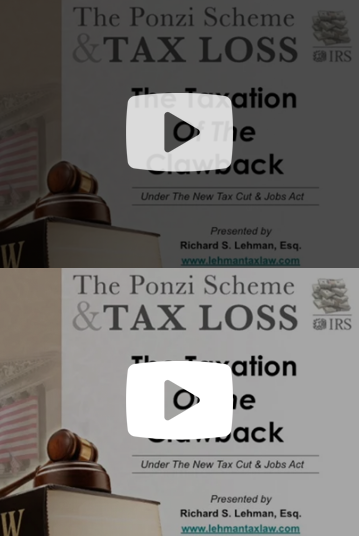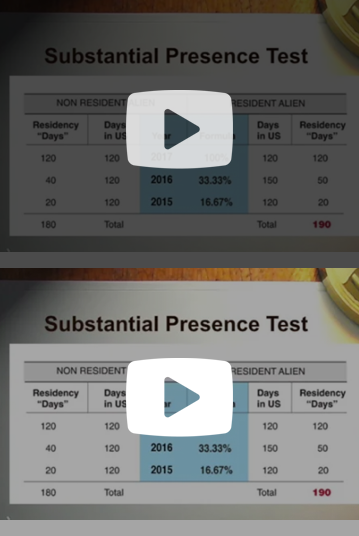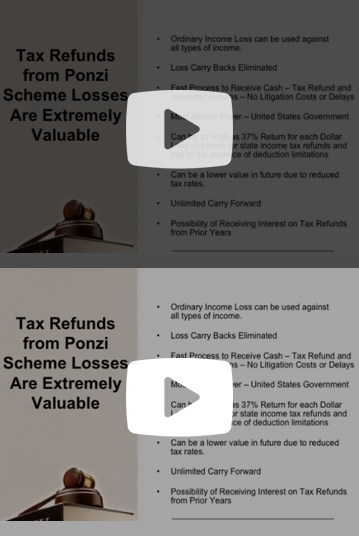Florida Income & Estate Tax Lawyer
The IRS assesses penalties under a variety of tax law violations. Penalties and interest can continue to accrue until the balance owed is paid in full. It is in your financial self-interest to get out in front of these penalties and proactively deal with the underlying matter as soon as possible. Florida income & estate tax lawyer Richard S. Lehman can help. Call Lehman Tax Law if you have been accused of tax crimes or are otherwise facing monetary penalties for income or estate tax rule violations.
Income Tax Rules and Penalties
Failure to file a tax return by the due date or an approved extension date can result in a penalty of five percent of the unpaid tax, assessed every month for five months. A minimum penalty is imposed after 60 days, which is the lesser of 100% of the tax or $435 for returns due on or after January 1, 2020.
Failure to pay tax due results in a penalty of .5% if not paid by April 15 or .25% during an installment agreement for an individual taxpayer who filed on time. A one percent penalty is assessed if the tax is not paid within ten days of notice of intent to levy. This penalty continues to be assessed each month until the tax is fully paid or the penalty reaches 25% of the tax.
If assessed both a penalty for failure to pay and failure to file, the failure to file penalty is reduced by the amount of the failure to pay penalty.
Failure to pay estimated tax can result in a penalty as well. In general, you are required to pay estimated taxes if you expect to owe $1,000 or more in taxes. The amount of the penalty is calculated separately for each required installment payment.
The IRS also imposes a penalty if the taxpayer’s check is dishonored. This penalty is generally around two percent of the required payment.
Estate Tax Rules and Penalties
Part of the process of probate or closing out an estate involves filing a Form 706 estate tax return. The IRS audits 706 returns ten times more often than individual income tax (1040) returns, and the audit rate increases as the value of the estate rises.
Penalties can be assessed for late filing or late payment. A late return yields a mandatory penalty of five percent of the tax due for every month the return is late, up to 25%. Interest on tax due is also assessed unless an extension of time to pay the tax has been granted. When filing a late return, it’s essential to attach a reason for the late filing demonstrating reasonable cause.
Understating the value of an asset on the estate tax return can be particularly damaging. The IRS can assess a $5,000 tax increase and a 20% penalty if the asset is valued at 65% or less than its actual value. This penalty increases to 40% if the asset is valued at 40% or less of its value. It’s reasonable to value the estate as low as warranted to minimize estate taxes, but care should be taken to make sure every asset’s stated value can be justified.
What if You Can’t Pay?
Avoid penalties and apply for additional time by filing form 4768 Extension of Time to File a Return and/or Pay U.S. Estate Taxes. You can also apply to pay taxes on an installment agreement. If you qualify, your tax attorney can attempt to negotiate a compromise of tax liability, such as if there is a legitimate dispute over the amount due. Your lawyer can also seek relief from some penalties if you tried to comply yet weren’t able to meet certain tax obligations.



